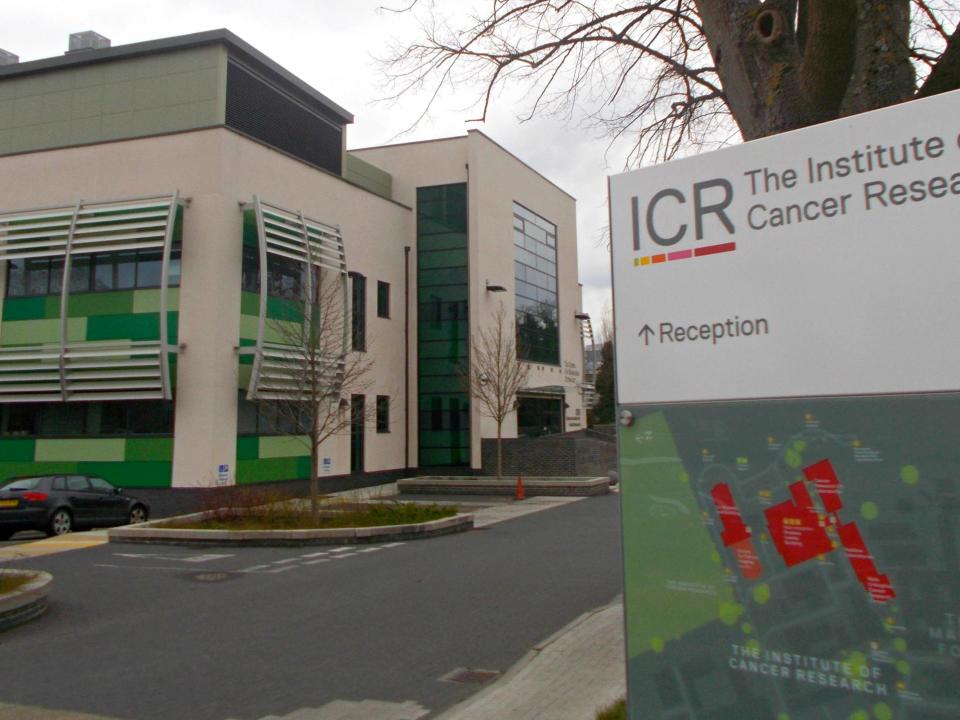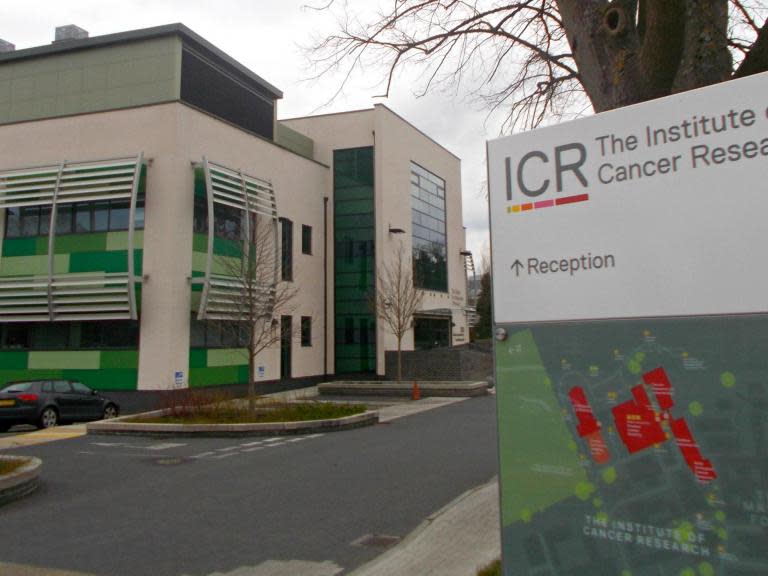One in 10 cancer patients denied drugs recommended by their doctor, study says
Cancer patients need to be given quicker access to innovative drugs, scientists at a leading research organisation have said.
A 10-point plan, published by the Institute of Cancer Research (ICR) in London, suggests health officials prioritise new types of treatments and fast-track those with the greatest potential into the NHS.
It also calls for “radical action” to lower the cost of new drugs to the health service; for example, by introducing pricing based on how successful they are in treating patients.
Almost one in 10 (9 per cent) people with cancer have been unable to access a treatment recommended by their doctors, an ICR survey of more than 1,000 UK patients found.
Meanwhile, 12 per cent said they had experienced delays in receiving a suggested drug.
The publication of the manifesto follows an ICR report last year, which suggested NHS patients are waiting longer for new cancer drugs because of delays getting them through clinical trials and licensing.
ICR chief executive Professor Paul Workman said: “We will only make step-change advances against cancer by giving patients access to genuinely innovative new drugs, which can attack cancer in brand new ways, or as part of innovative combinations to overcome the challenge of drug resistance.
“Our manifesto calls for action to supercharge the passage of the most innovative cancer drugs through clinical trials, licensing and National Institute for Health and Care Excellence (Nice) appraisal, and into the NHS. We need drug regulators and Nice to be faster and more flexible in their assessment of evidence, especially for the most innovative treatments.
“And it’s crucial also to address the extremely high prices of cancer drugs, which researchers and patients agree are the biggest barrier to getting them to patients.”
The 10-point plan includes a recommendation that the Nice drug evaluation system prioritises “genuinely innovative” treatments that attack cancer in new ways.
Making it easier for the most exciting treatments to be approved for NHS patients would incentivise companies to take on higher-risk drug development, the ICR said.
“Currently, Nice primarily sees innovation as a measure of how much more effective a drug is than existing treatments for a disease,” the plan states. “This definition is too narrow and fails to encourage the development of genuinely innovative drugs that could help overcome drug resistance either on their own or in combinations that act against several different targets.”
The ICR has called for drug regulators to be “more flexible” in assessing evidence, considering measures such as improvements to quality of life as well as survival, so treatments reach patients sooner.
The organisation also suggests rival drug companies are encouraged to work together to create new treatments, and for more research and clinical trials for children with cancer.
Professor Raj Chopra, head of cancer therapeutics at the ICR, said: “It’s only by encouraging innovation that we can make big leaps forward in treating those forms of cancer that have so far missed out on major progress.
“It’s essential too that we ensure all cancer patients have access to suitable clinical trials – and that we greatly expand efforts to discover and develop new drugs for children with cancer, so that they can start to benefit from the same kinds of advances we have seen in adults.”
Press Association

 Yahoo News
Yahoo News 

